 |
 |
TAMARINDUS INDICA - TAMARIND. 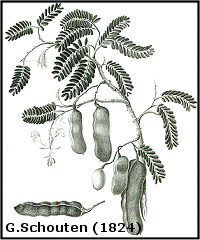 Synonyms
SynonymsTamarindus officinalis, tamarindus occidentalis. Common name Tamarind, tamarinde, celagi, tangal asam, acem, Luo wang zi, Suan dou, Indian date, Sweet tamarind, Tamarinier des Indes, Indische Dattel, Sauerdattel, Tamarin, Tamar hindi, Tamarindo, Kemal (Java), Tambaring, Ambli, Anbli, Tamaríndo de la India, Bakham somkham. Family Ceasalpiniaceae (Fabaceae). Overview Tamarind is a large, beautiful evergreen tropical tree that can grow up to 100' tall although 80’ is more common. The trunk has cracks, down and across; the bark is brown-gray. It has a dense and spreading crown of bi-pinnate foliage and numerous yellow, with red and purple filaments, flowers. The brown woody curved pod contains the seeds; black, shiny squares surrounded by pulp. Tamarind is a slow grower but can live and still remains productive for 150 years or longer! Once established, it does not need much attention. It has a very deep and extensive root system, so it is not prone to come down easily and can withstand very strong wind and even hurricanes. This tree sheds its leaves in pronounced dry seasons; in climates lacking a dry season, it stays evergreen. The fruit pulp is rich in tartaric - and citric acids, high amount of vitamin C and sugar. The compressed fruit pulp is used in syrup, juice concentrates and as a spice in exotic food specialties like drinks, chutney, curries, pickles and meat sauces. There are selected cultivars which have sweeter pulp (Makham Waan and Manila Sweet). Medicinal properties It is an ingredient in cardiac - and blood-sugar reducing medicine. Medical actions and uses: cathartic, astringent, febrifuge, antiseptic, refrigerant. The seed coat extract is a polyphenolic flavonoid that has been shown to have antioxidant properties. The seed extract possesses anti-snake venom properties. Suriname's traditional medicine The bark is used for diarrhea. Bathing with an infusion of the boiled leaves helps against skin disorders, such as scabies. Hardiness USDA zone 9 A - 11. Propagation Seeds. The seeds remain viable for many months; they will germinate in 1 – 2 weeks after planting. Culture Full sun / light shade, soil with a pH 4.5 - 8.7 and tolerates a great diversity of soil types. It has good drought tolerance. Mature trees are somewhat cold hardy and can withstand 22° F. without protection but very young trees should be protected from cold. The tamarind makes an excellent shade tree in medium - large landscapes. |
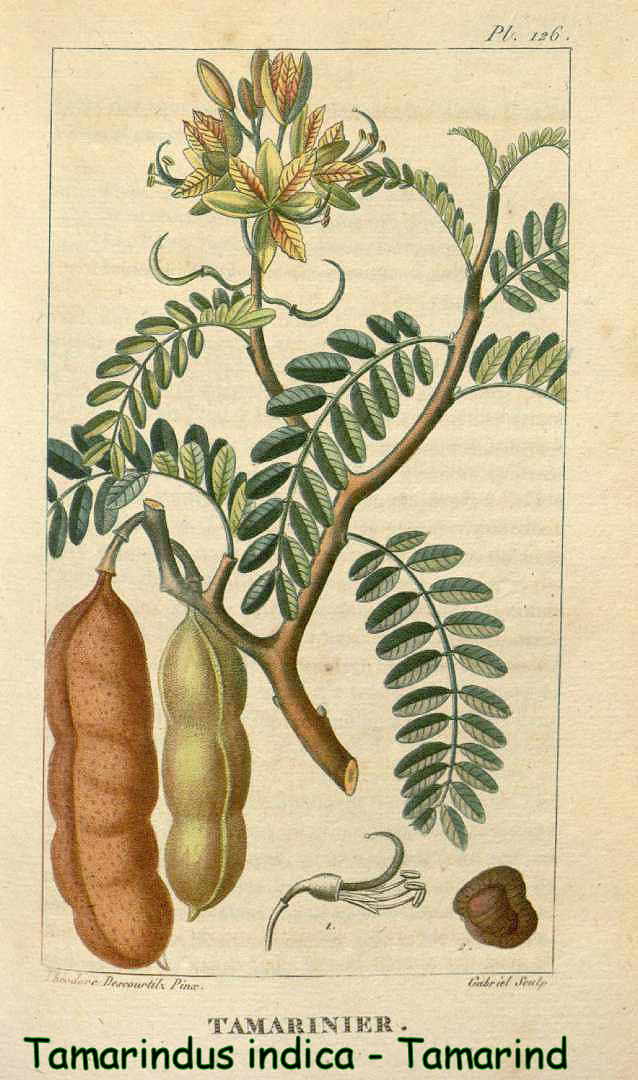
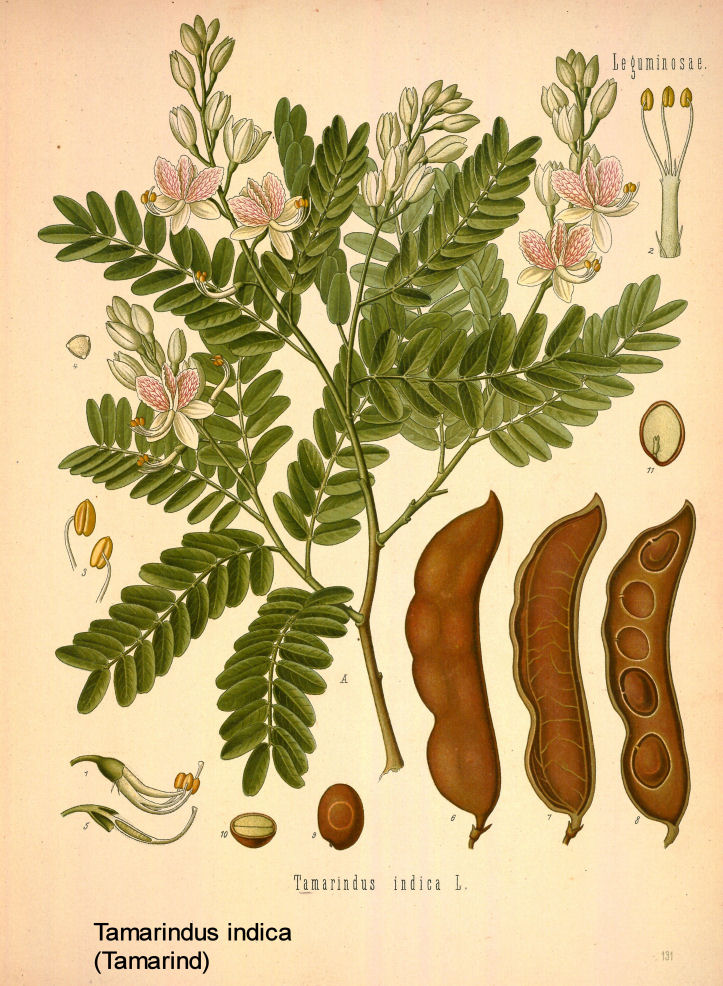
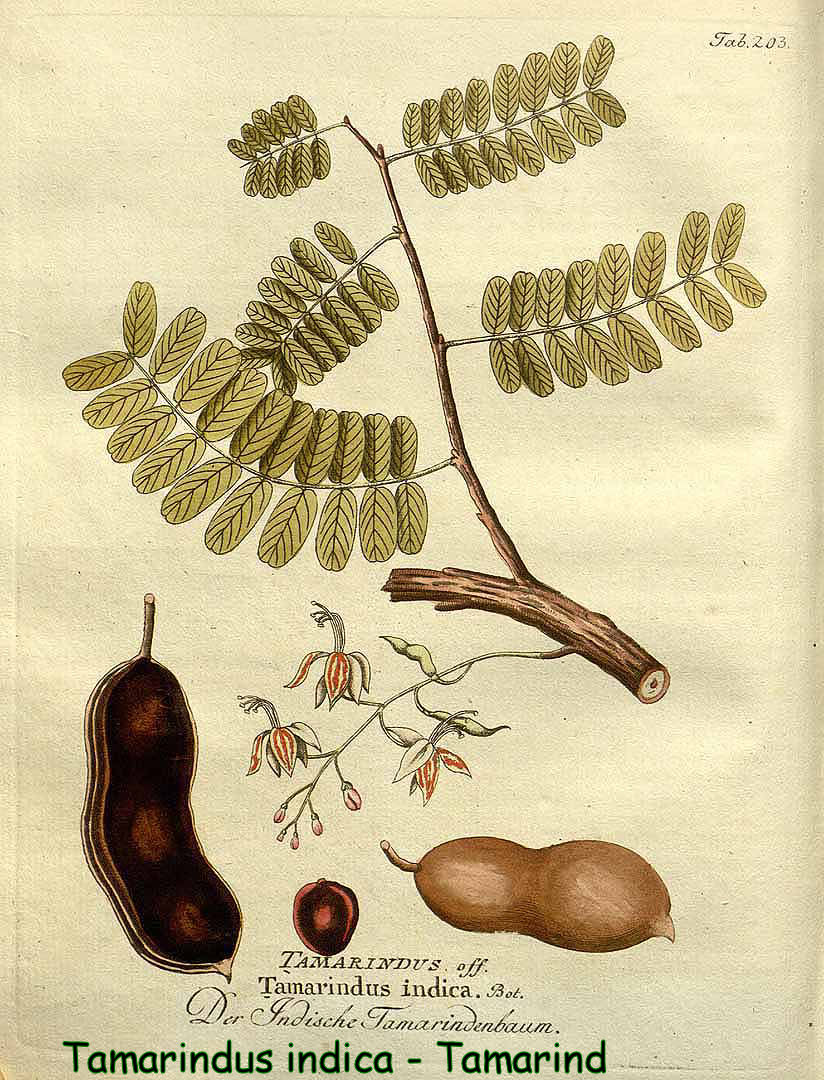
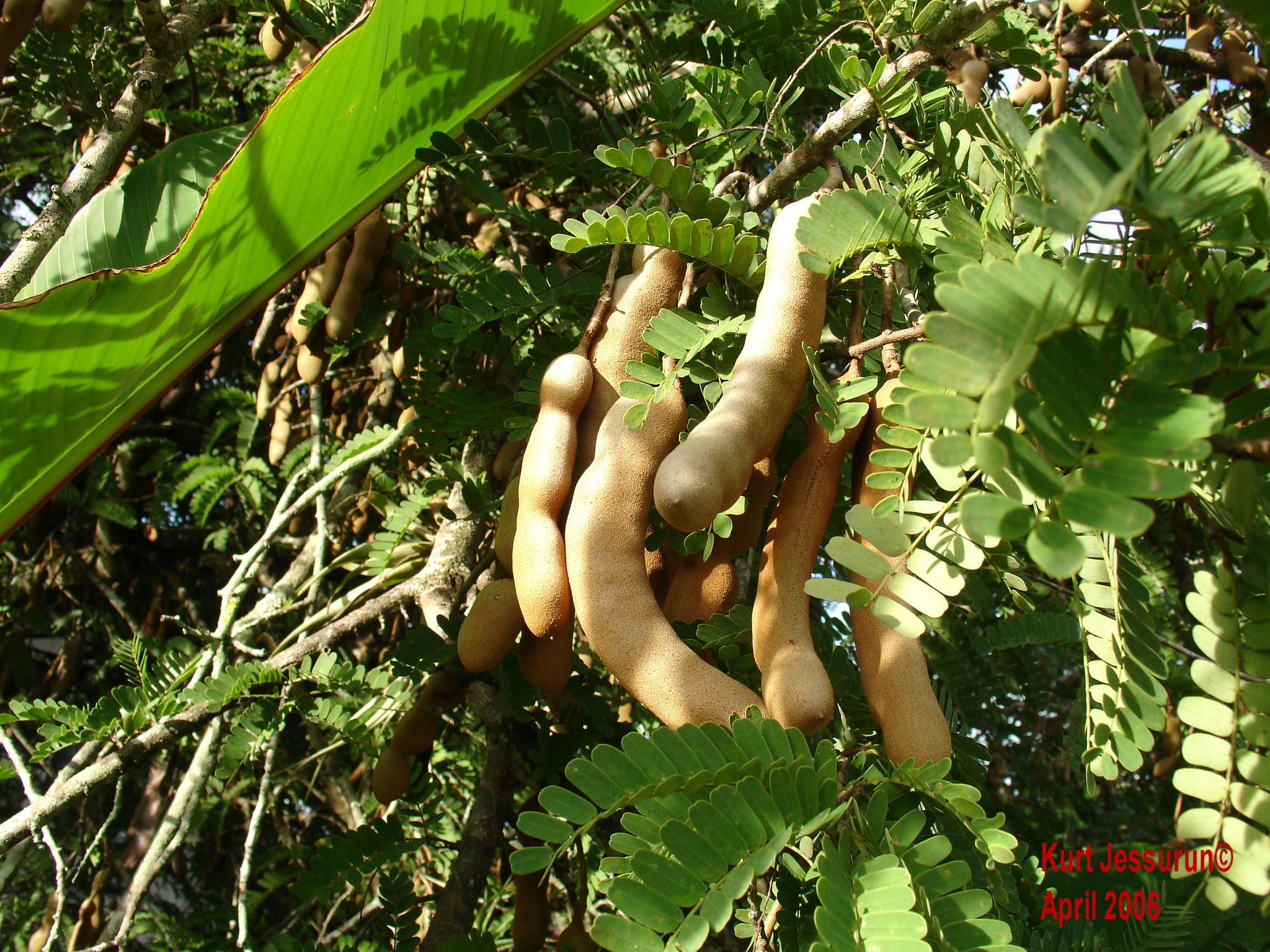
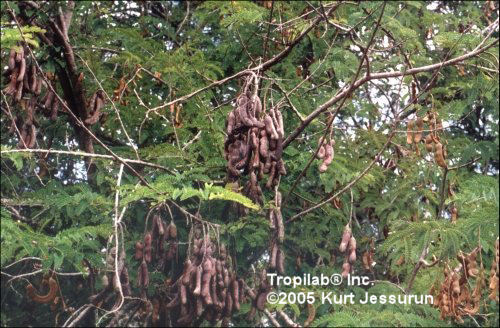
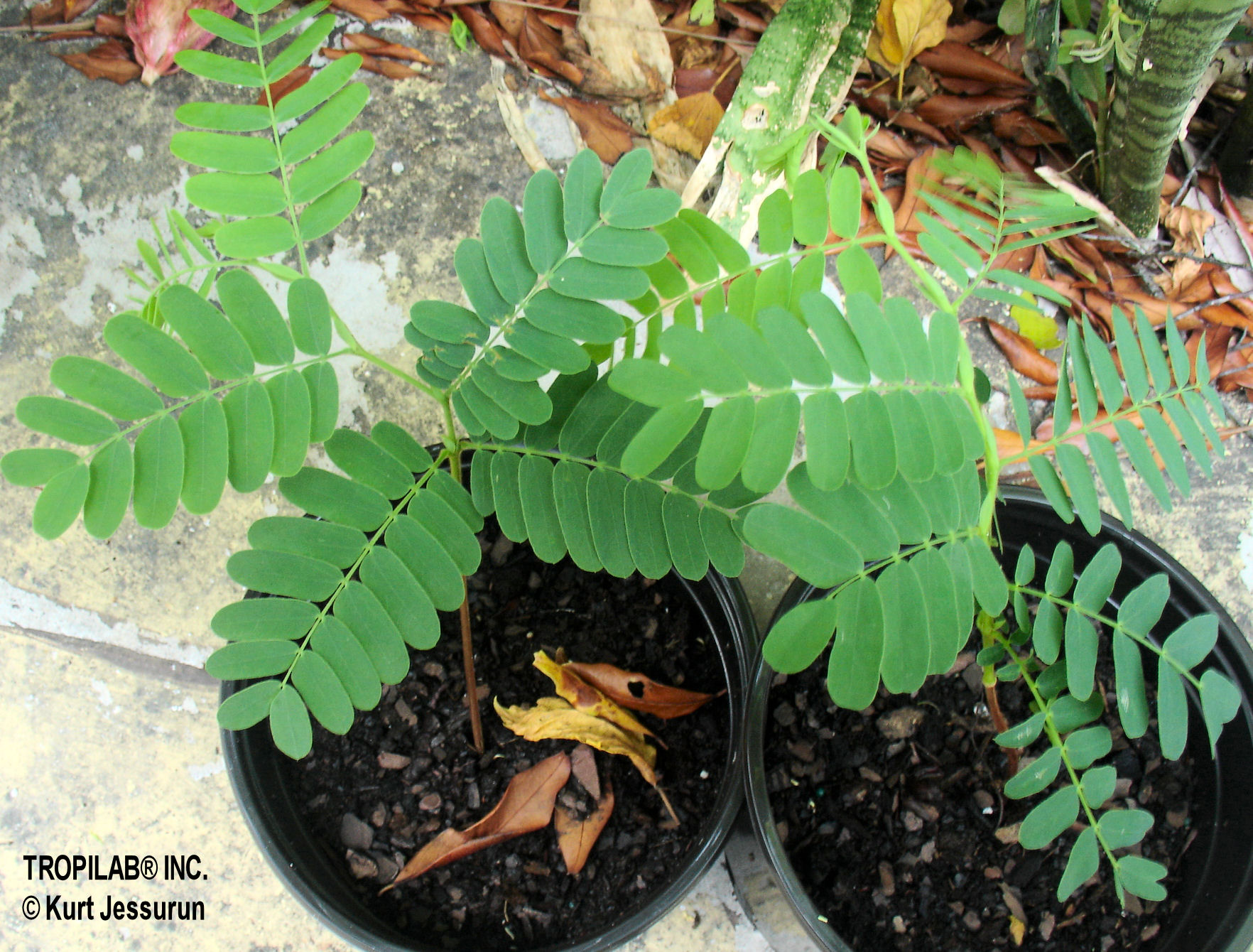
|
|
For the right freight rate, shipping charges, conditions and delivery service, please visit our Webstore page! |